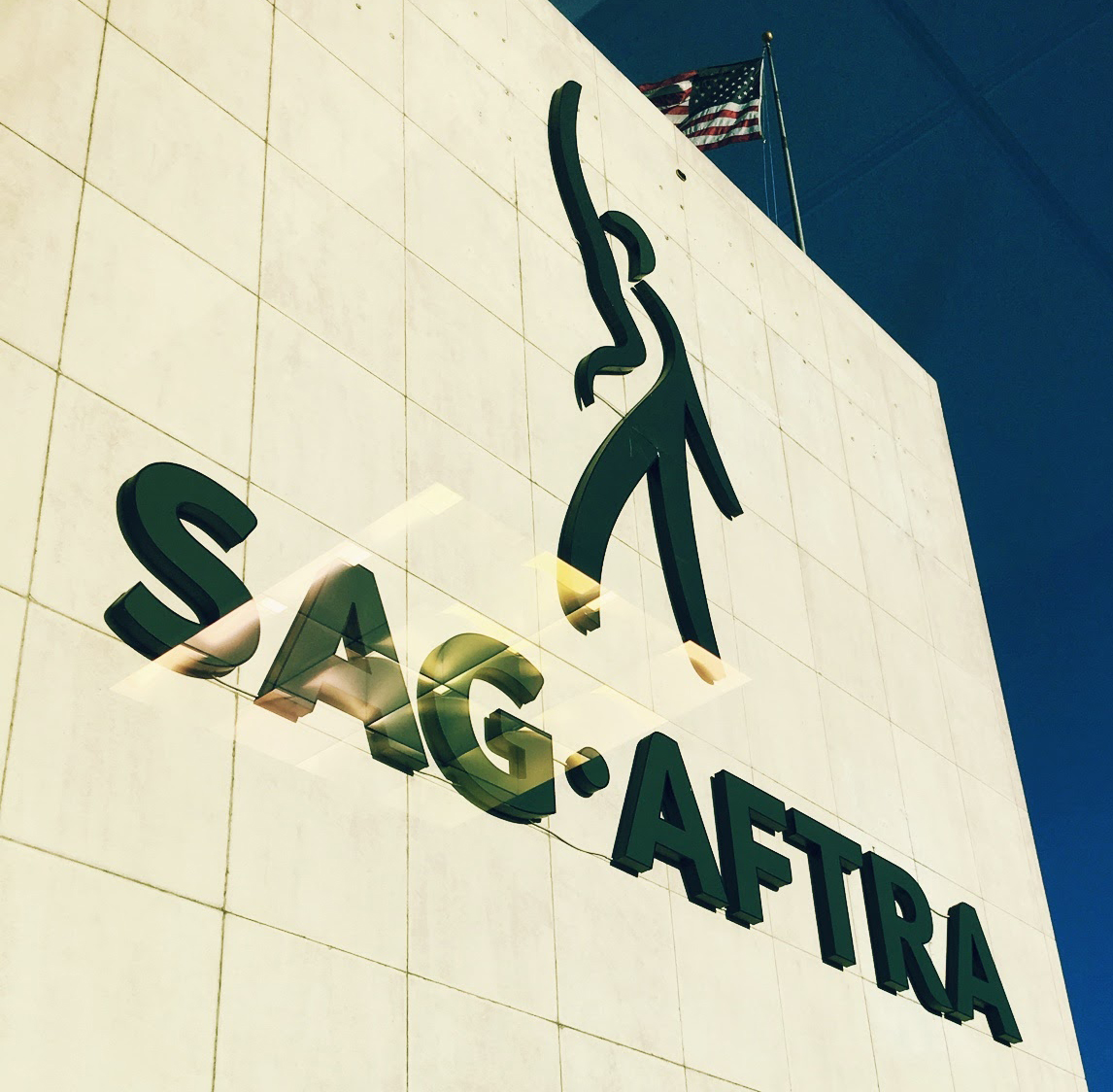Peter Morgan is a student at Harvard Law School.
In today’s News and Commentary, SAG is on the eve of striking, UC San Diego lashes back at grad workers, CWA elects a new president, and UAW President sets the tone for a confrontational negotiation with the Big Three.
On the eve of the deadline for SAG-AFTRA’s contract negotiations with the Alliance of Motion Picture and Television Producers, all parties agreed to bring in a federal mediator in a long shot effort to avoid a strike. The union, 98% of which voted to authorize a strike, had previously agreed to extend negotiation the deadline but have refused to extend it beyond today. SAG denounced the AMPTP for allegedly leaking their plan to request a mediator before notifying the union and reiterated how far the AMPTP’s contract proposals were from satisfying SAG’s demands. If, as looks likely, SAG ends up striking, it would be their first film and TV strike since in over 40 years. In joining the writers currently on strike, the union’s members would effectively shut down Hollywood’s production and promotion operations.
The Intercept has reported that UC San Diego has adopted a hardline stance to its grad student union’s contract ratification. The university is being accused of “a pattern of retaliation” against grad workers through a number of measures: charging peaceful protestors with tort claims, failing or refusing to implement terms of the contract, retaliatory grading, arresting students who written pro-union messages on sidewalks, and reducing the number of teaching positions. The grad students at UC San Diego, along with academic workers across the University of California, had achieved significant contract gains after participating in the largest higher education strike in the nation’s history.
The Communications Workers of America has elected Claude Cummings Jr. as its new president. Cummings is the first Black man ever elected to the position. Cummings started his union work in 1973, and since then had served as President of CWA Local 6222 and Vice President of CWA District 6.
In a much-anticipated address on Facebook Live, UAW President Shawn Fain signaled he would take a hardened stance in negotiations with the “The Big Three” automakers—General Motors, Ford Motor, and Stellantis. Fain announced that the union would forego the tradition of starting the negotiations with a publicized handshake with the other side of the table. Perhaps most significantly, he also indicated that UAW was ready to strike.






Daily News & Commentary
Start your day with our roundup of the latest labor developments. See all
February 20
An analysis of the Board's decisions since regaining a quorum; 5th Circuit dissent criticizes Wright Line, Thryv.
February 19
Union membership increases slightly; Washington farmworker bill fails to make it out of committee; and unions in Argentina are on strike protesting President Milei’s labor reform bill.
February 18
A ruling against forced labor in CO prisons; business coalition lacks standing to challenge captive audience ban; labor unions to participate in rent strike in MN
February 17
San Francisco teachers’ strike ends; EEOC releases new guidance on telework; NFL must litigate discrimination and retaliation claims.
February 16
BLS releases jobs data; ILO hosts conference on child labor.
February 15
The Office of Personnel Management directs federal agencies to terminate their collective bargaining agreements, and Indian farmworkers engage in a one-day strike to protest a trade deal with the United States.